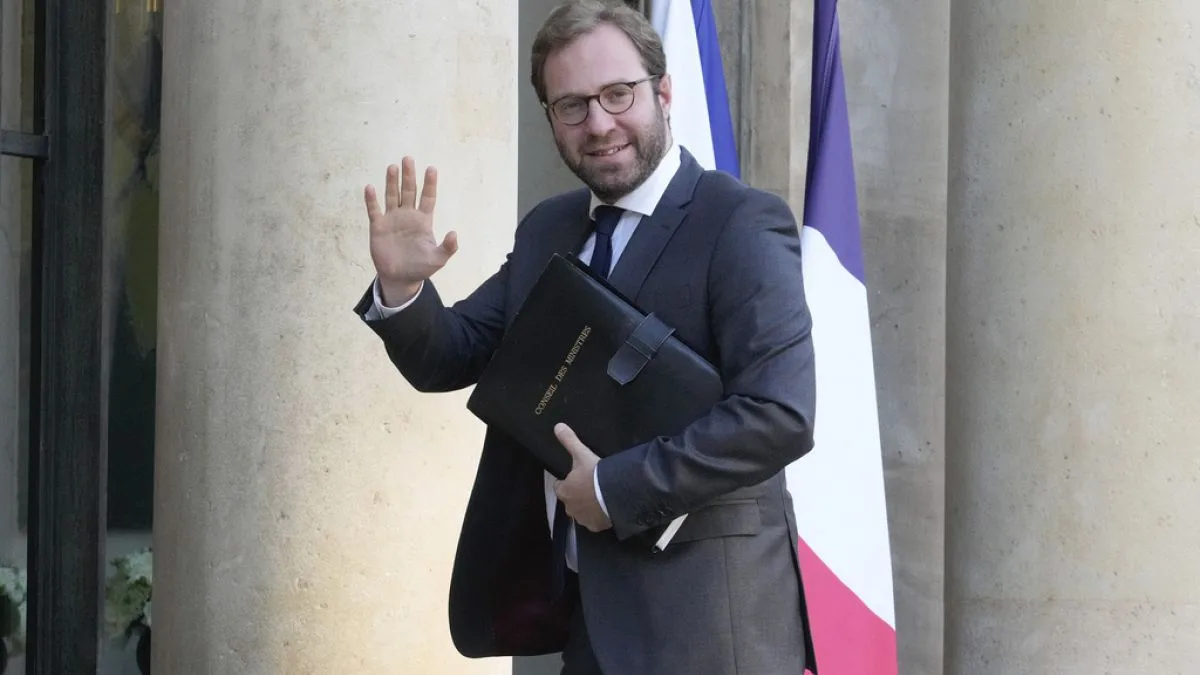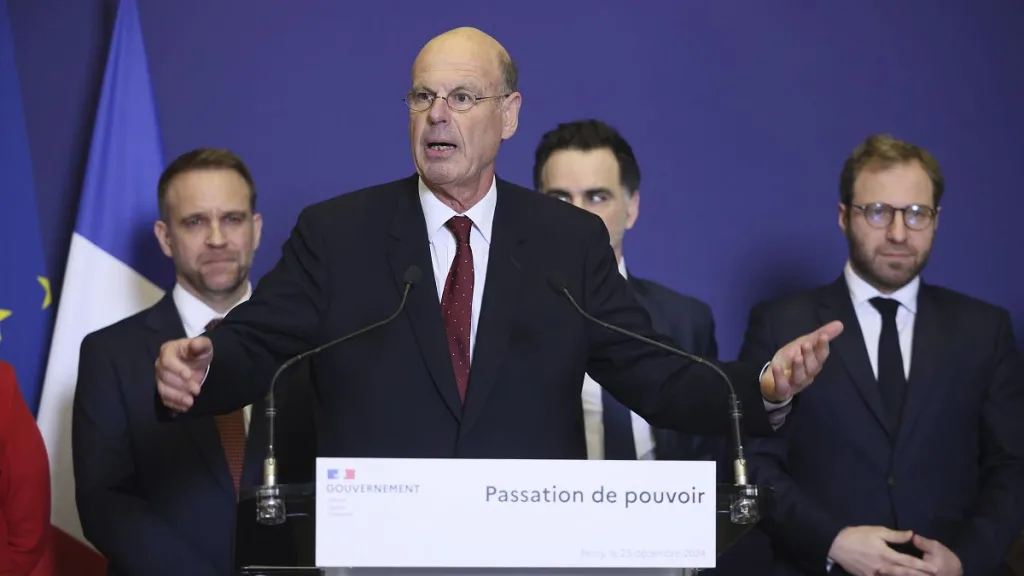The European Commission will closely examine France’s draft budget plan following a formal warning issued to Paris regarding its excessive budget deficit in June.
During a press conference in Paris, the French government released its draft budget for 2025, a topic of considerable concern due to France’s significant deficit, which is expected to exceed 6% of its GDP by year-end—one of the highest in Europe.
Prime Minister Michel Barnier faces mounting pressure from both the European Union and financial markets to restore budget balance.
The government aims to reduce the deficit in line with EU regulations, targeting a goal of limiting it to 3%. To achieve this, they plan to implement cuts totaling €60 billion in 2025—equating to about 2% of GDP—marking a historic level of reduction.
Authorities project that these measures will decrease the deficit to 5% of GDP in the upcoming year. Newly appointed Economy Minister Antoine Armand announced a substantial €40 billion reduction in public spending, which will span all ministries, a decision that may face pushback from various factions within the government.
Armand assured that these cuts would not hinder economic growth or adversely affect middle-class families and low-income earners.
Education Sector Hit Hard
Among the sectors facing significant budgetary reductions, the State is expected to absorb over €20 billion in cuts. Budget Minister Laurent Saint Martin stated, “We need to do better with fewer staff,” outlining plans for approximately 2,200 job reductions across ministries and state operators, with promises of “targeted reductions” rather than “blanket cuts.”
Particularly affected will be the education sector, which could see more than 4,000 teaching positions eliminated.
In contrast, the Budget Minister has pledged “substantial increases” to enhance security and sovereignty, notably within the Justice sector and the Armed Forces.
Additionally, the budget for the Sports Ministry will face significant cuts, attributed to the conclusion of the Olympic Games period.
Temporary Tax Increases
The remaining €20 billion will be sourced from “exceptional and temporary” tax hikes aimed at the wealthiest individuals, defined as those earning over €250,000 annually for three years. This measure is projected to generate an additional €2 billion in revenue in 2025.
Furthermore, more than 400 high-earning corporations with revenues exceeding €1 billion will be subjected to a 20% corporate tax, which is anticipated to raise €8 billion in 2025. This tax rate will taper down to €4 billion in 2026.
However, the High Council for Public Finances, an independent body, has criticized the draft budget plan as overly optimistic.
Tax on Airline Tickets and Energy Measures
The aviation industry will face new ecological penalties, including a tax on airline tickets. In terms of energy policy, the electricity tax (TICFE), reduced during the recent energy crisis, is set to rise in February. Previously positioned at about €33 per MWh, this tax will increase to approximately €50 per MWh in 2025, with assurances from the Ministry of the Economy that most households will not see a rise in electricity bills due to a drop in market prices.
The government has indicated a willingness to engage in parliamentary debate; however, the current fragmented political landscape may compel Prime Minister Barnier to enact the budget without a vote, potentially using the controversial Article 49.3 of the French constitution.
Photo credit & article inspired by: Euronews



